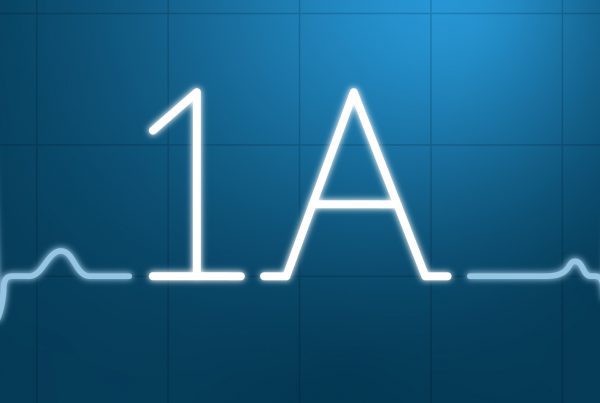By Tim Stewart, Jarrard Inc. Partner and Academic Health Systems Practice Lead
The torrent of administrative actions and executive orders has not let up over the first three weeks of the second Trump Administration. The initial wave featuring the culture war targets of DEI initiatives and gender-affirming care has been followed by significant cuts to research funding. Medicaid and Medicare cuts are looming around the corner. They’ve also banned paper straws in federal buildings, so be mindful of where you’re carrying those.
Health systems across the country are walking through a maze of potential regulations, implied threats and concern bordering on panic inside and outside their walls. As some employees and patients urge provider organizations to just do – or even say – “something,” saying something substantive has become exceptionally difficult.
The most widespread impact of the early administrative actions has been on DEI programs. While many companies held those programs lightly to begin with, and have been quick to roll them back, hospitals and health systems have committed significant time, energy and political capital to truly moving the needle on equity of access and opportunity. And an industry that employs 15% of the national workforce knows better than most the value of diversity and inclusion.
So, what now?
The simplest answer is to focus on what you can control. Continue to do the work you’ve committed to in a way that is consistent with the law. The executive order on halting DEI programs ended those programs across the federal government, not across all industries. While it is understandable and perhaps strategic to reassess how you talk about this work – and what acronyms you use to describe it – if the work was core to your mission on January 19th it’s still core to your mission today.
This is a lesson that many hospitals have learned over the last several weeks as they’ve been seen as pre-emptively suspending access to gender-affirming care. As attorneys general, judges and courts wade through the legal ramifications of the executive order, vulnerable community members have felt abandoned by their providers.
We are generally proponents of proactive planning and decisive action. This moment is a bit different – more exception than rule. Keep the scenario planning, but from an internal and external perception perspective realize there are advantages to not making decisive and difficult actions on these issues until you must.
While politicians, from the president down, may or may not pay close attention to what your organization does right now, your employees and local community absolutely will. They will remember what you chose to prioritize and what you chose to walk away from. Choose wisely and keep those groups who could be most impacted as informed as you possibly can.




